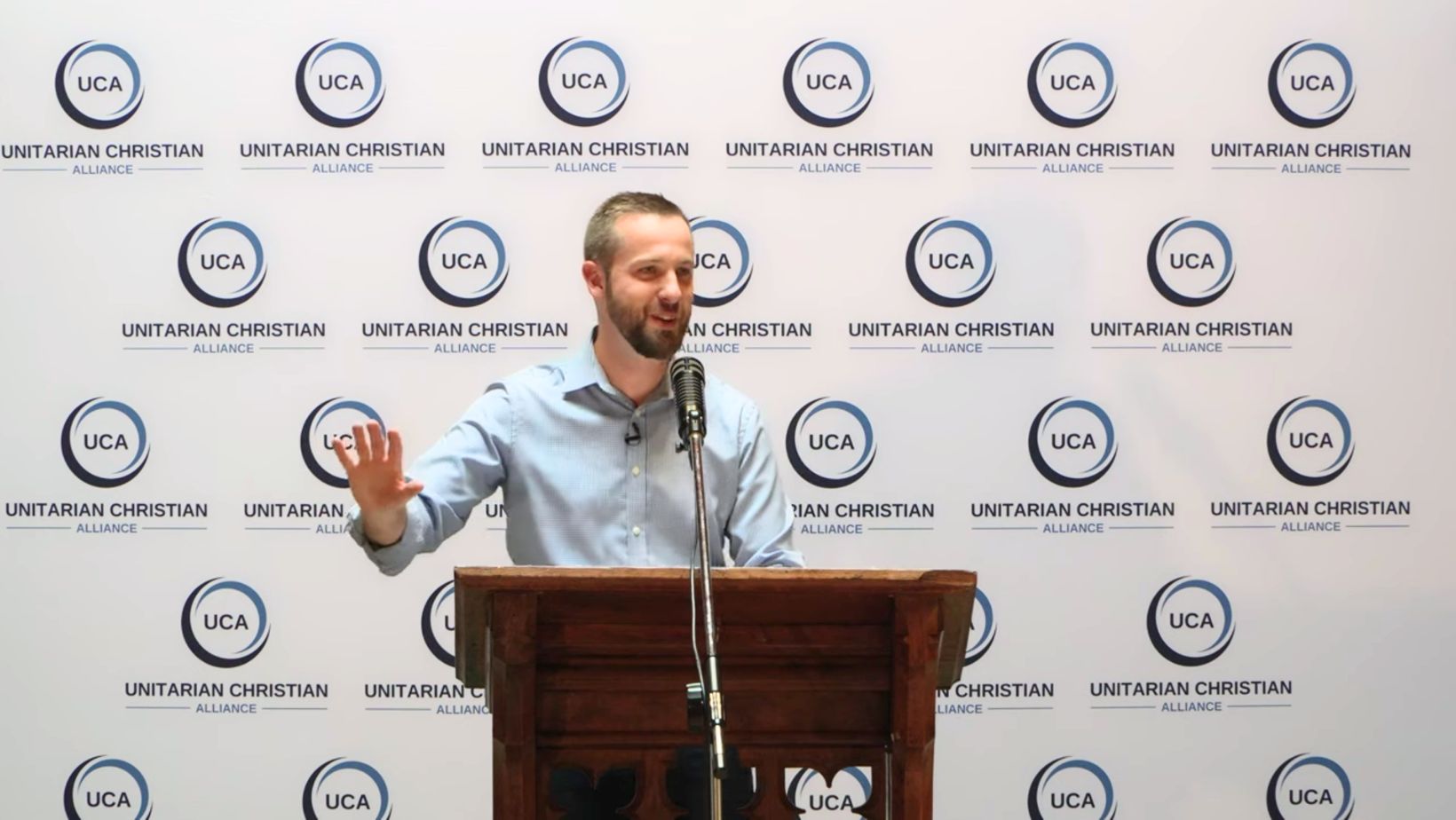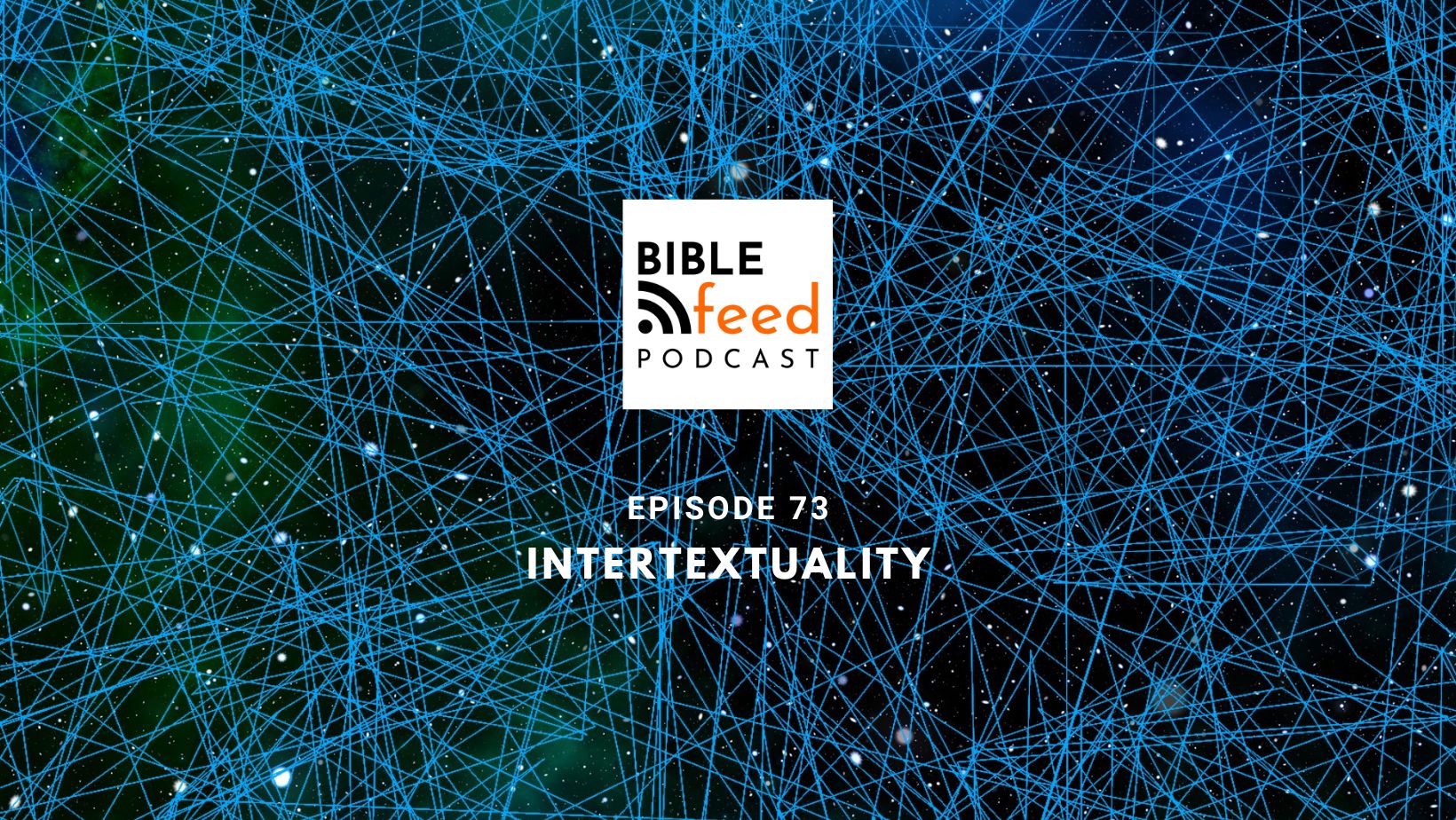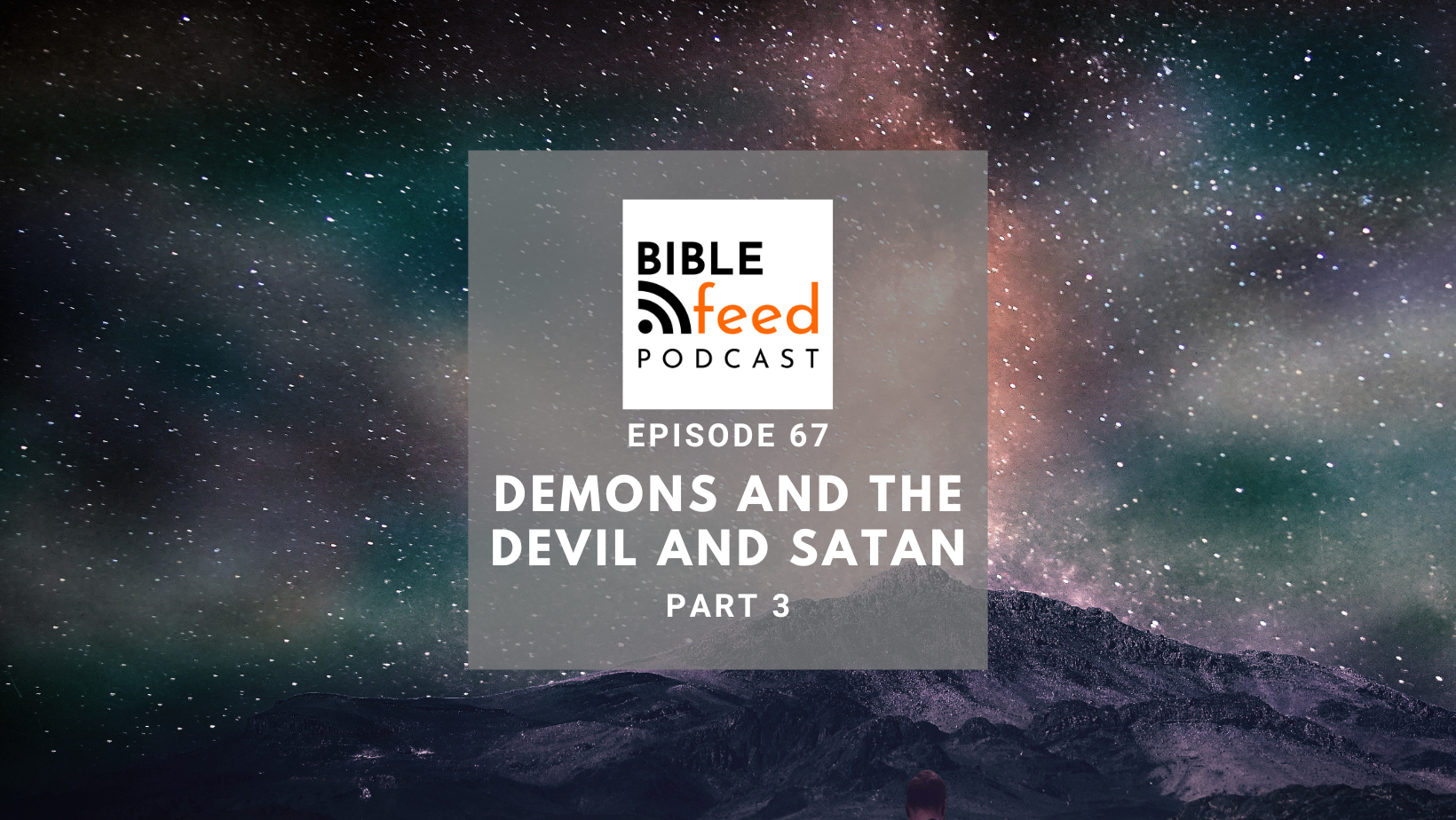Is it accurate to say that "God hung on the cross" or "God died for me"? That was the topic of co-host Dan's paper at the UCA Conference in July 2024. Watch the presentation and read more detailed responses to some of the questions to see why we think that it wasn't God on the cross.
Paul and Dan talk about "intertextuality" - basically, how the meaning of a text is influenced by references to other texts. The Bible (not surprisingly) is full of links between its 66 books. But how far can we take this? Can we go too far and see patterns where there are none (like seeing the face of Jesus in a slice of toast)?!
Where do demons fit into a Biblical theology? We look at the few places they appear in the Old Testament and find them linked to the idols worshipped by the peoples around the ancient Israelites. It turns out they are presented as having no real existence or power. So why do demons suddenly make a large appearance in the Gospels?
Exploring how churches were organised, we find ourselves discussing the significance of sharing the bread and cup of wine to remember Jesus. As in previous episodes, there are some similarities with churches today, but also some differences that are worth reflecting upon.
Here we are in Easter 2021 and Christians are still talking about the resurrection! What's the deal?! Josh and our guest for this episode, Nathan Sutcliffe, discuss the origin of this astonishing claim and highlight the historical phenomena that simply refuse to be explained by anything else other than Jesus actually rising from the dead.
You may wonder what happens to you when you die, but have you asked yourself what you were before you were born? If you have some belief in life that continues uninterrupted beyond death, such as an immaterial soul, then you may read something similar into passages such as Jeremiah 1:5. Does that mean that Jeremiah existed somewhere in some immaterial state? Does that mean that everyone is alive in some pre-existent way before they are born? Is this what the Bible is teaching?





